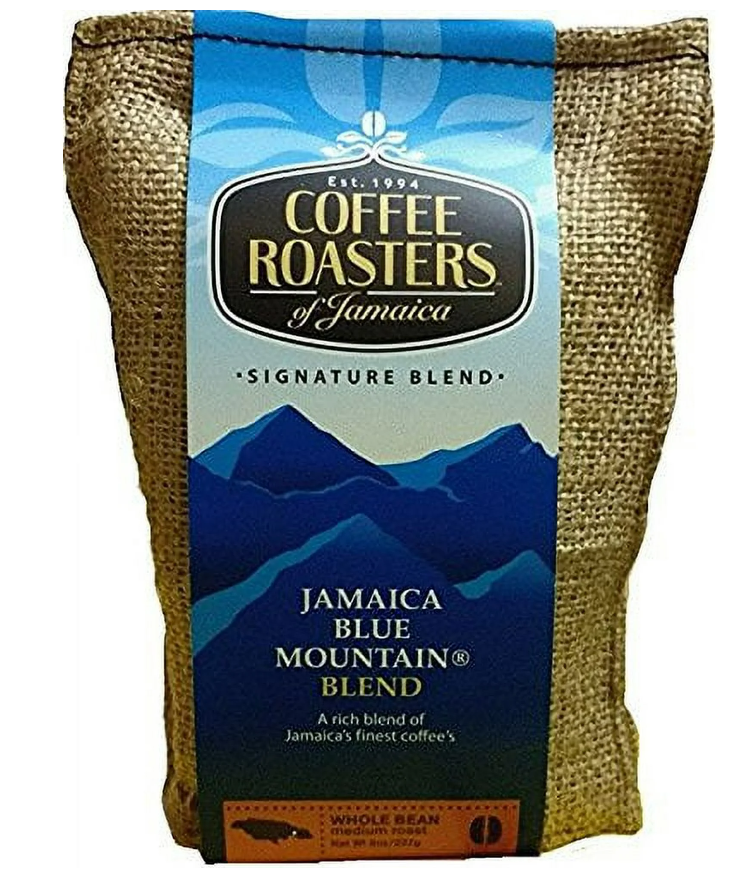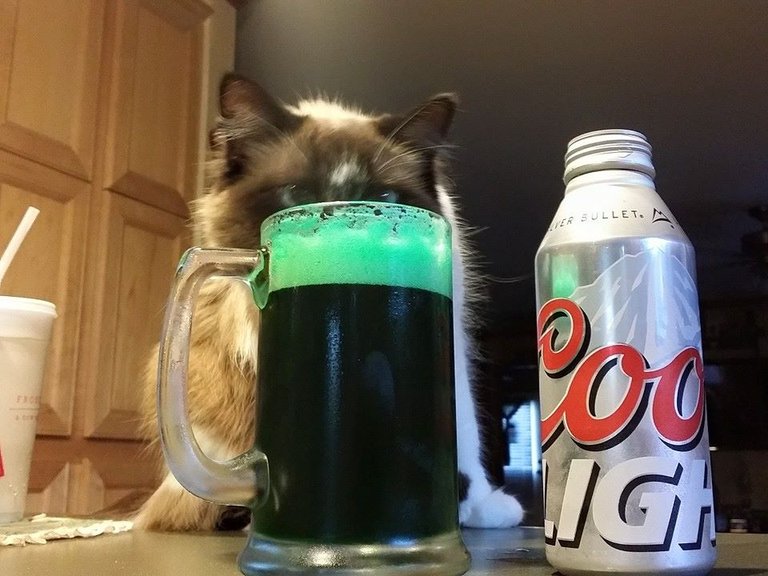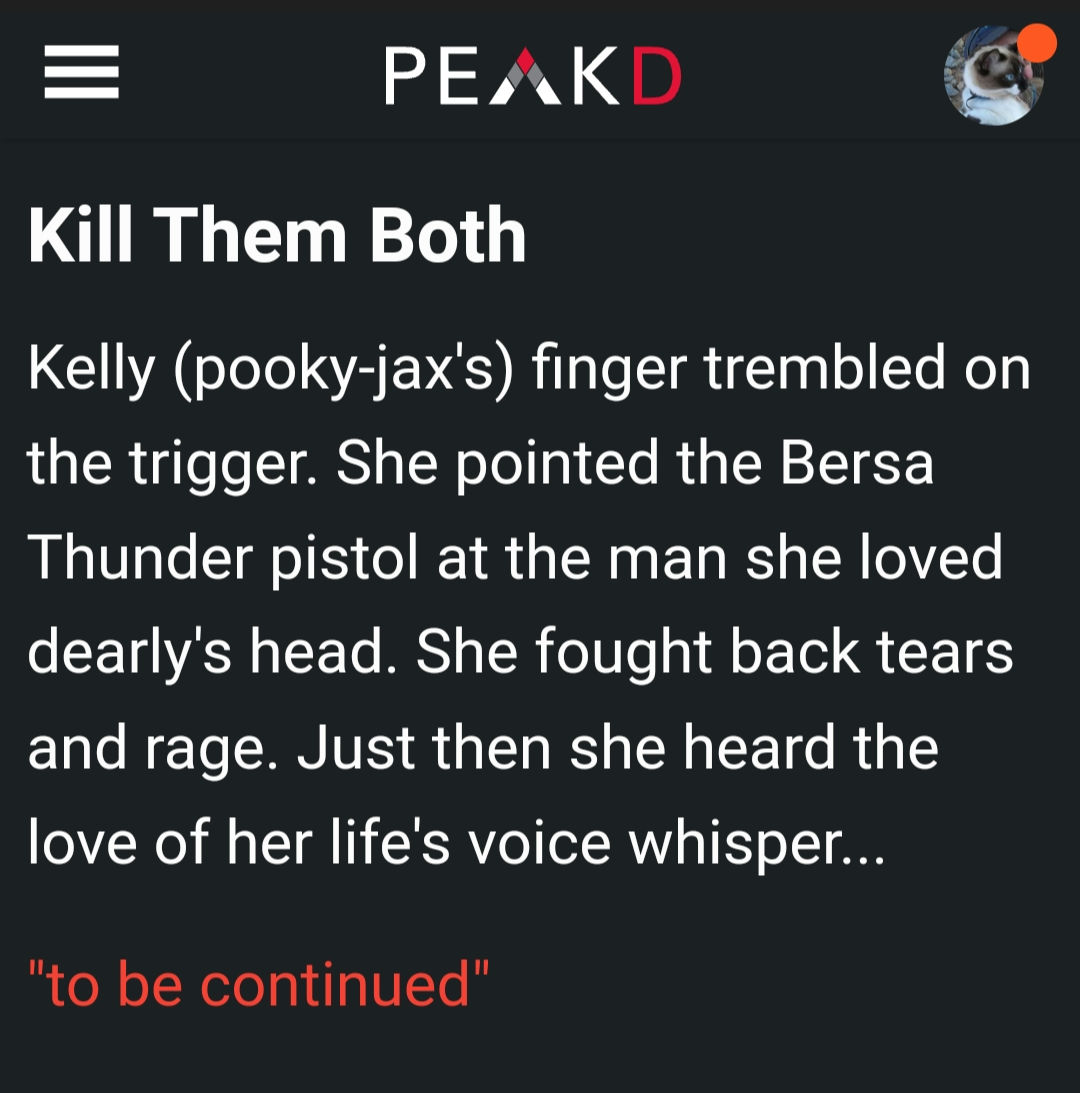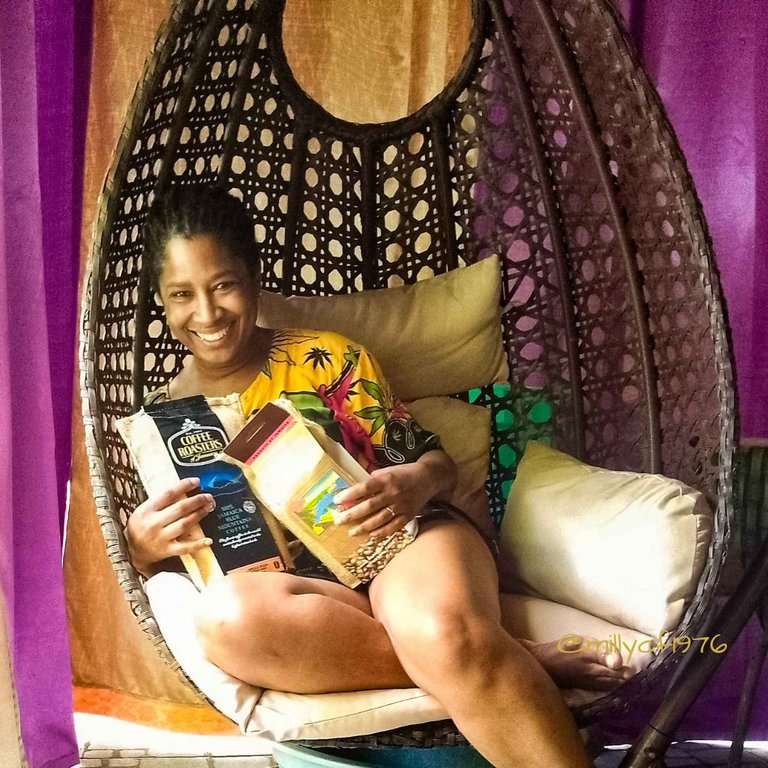
I'll never forget that day.
I was sitting in a freshman class at a university in the Netherlands and responded to the question about my preference for coffee or tea.
"I don't drink coffee or tea [man]," I said.
The class of international students finished my sentence with,
"No, Milly, you drink rum."
That remark resulted in disruptive laughter, and the lecturer interjected, "Sorry, Milly, you set yourself up for that one."
Also, reflecting on my life 25 years ago, I was a non-coffee drinker.
It is laughable to think that in my former job, I had sacks of authentic Jamaican Blue Mountain Coffee at my disposal that I used to give away to guests at the resort where I worked.
Many Japanese guests were flabbergasted by the kind gesture of free coffee because Japan is the main country of export for Jamaican Blue Mountain Coffee. So it was a prestigious gift for the Japanese, while for me, each bag of coffee was as frivolous a gift as the shell necklaces that went with it.
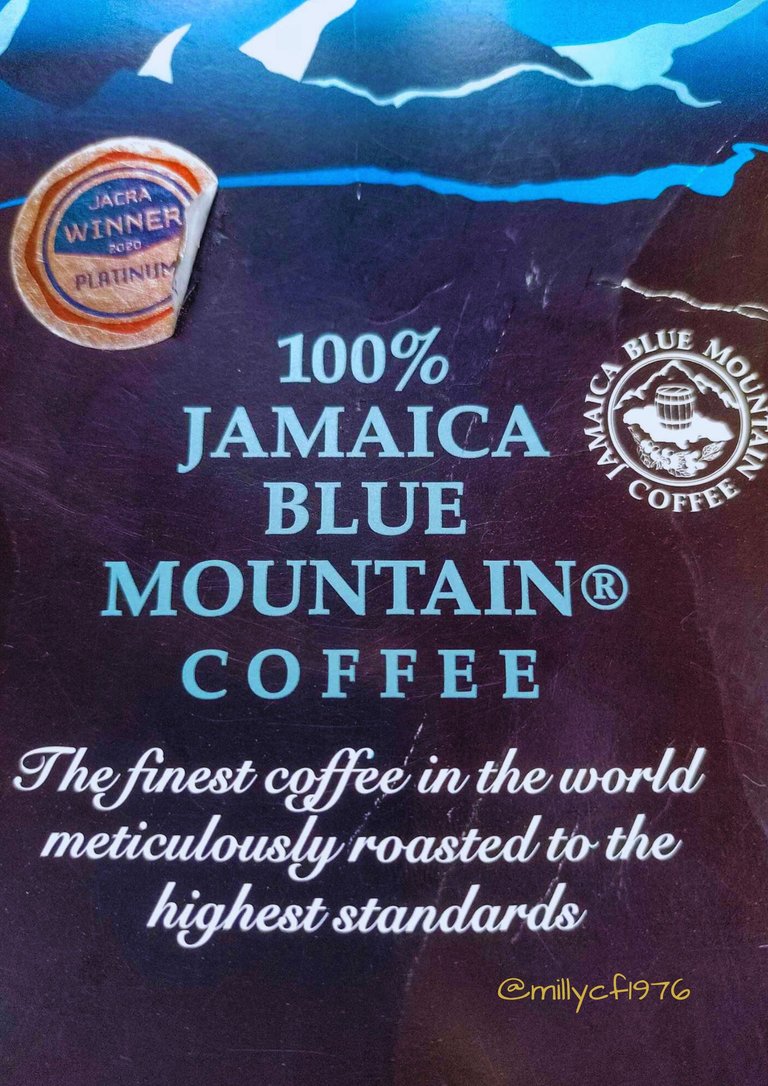
Jamaican Blue Mountain Coffee is indeed held in high regard locally and internationally, and it is one of the most lucrative commodities from Jamaica. Yet Jamaicans are big tea drinkers, (probably a remnant from the British Colonial days?), and for Jamaicans, tea, whether it be herbal tea, English tea, or black tea, is a cure for all of the common sicknesses.
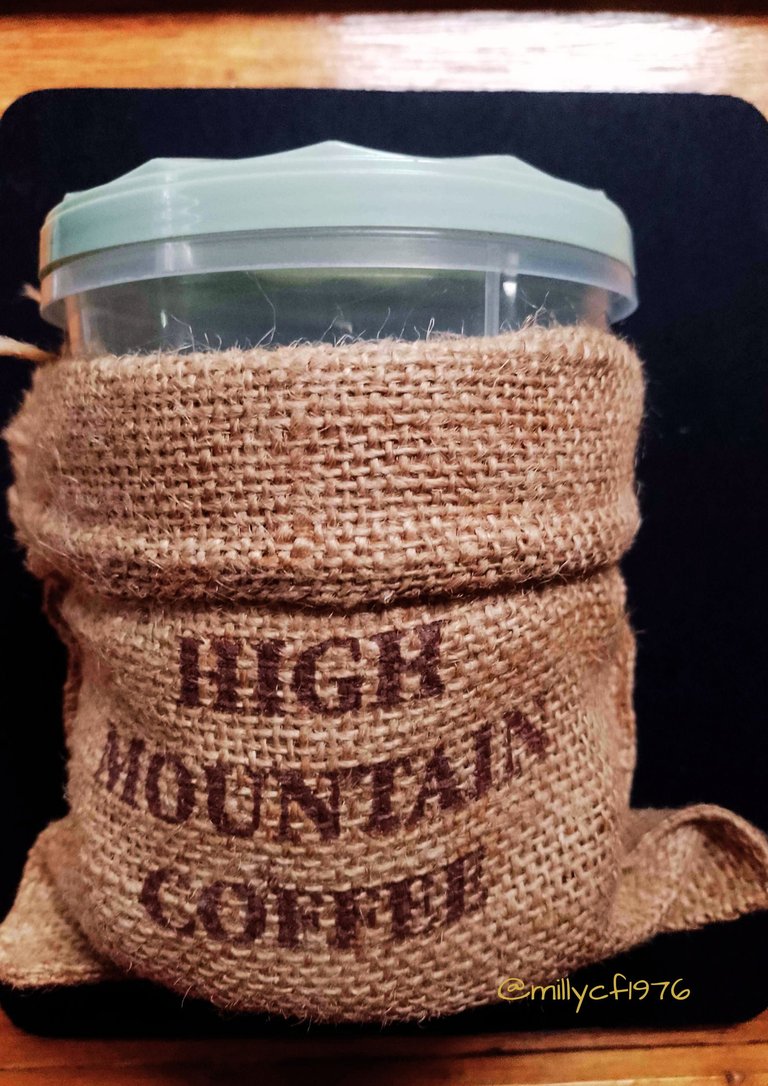
Don't be surprised if you mention being under the weather to a Jamaican and you get asked the question, "Did you drink your tea?"
I abhor admitting this but as a child, there was always a small glass bottle of instant coffee on my dining table. "That is for Daddy only," said my mum.
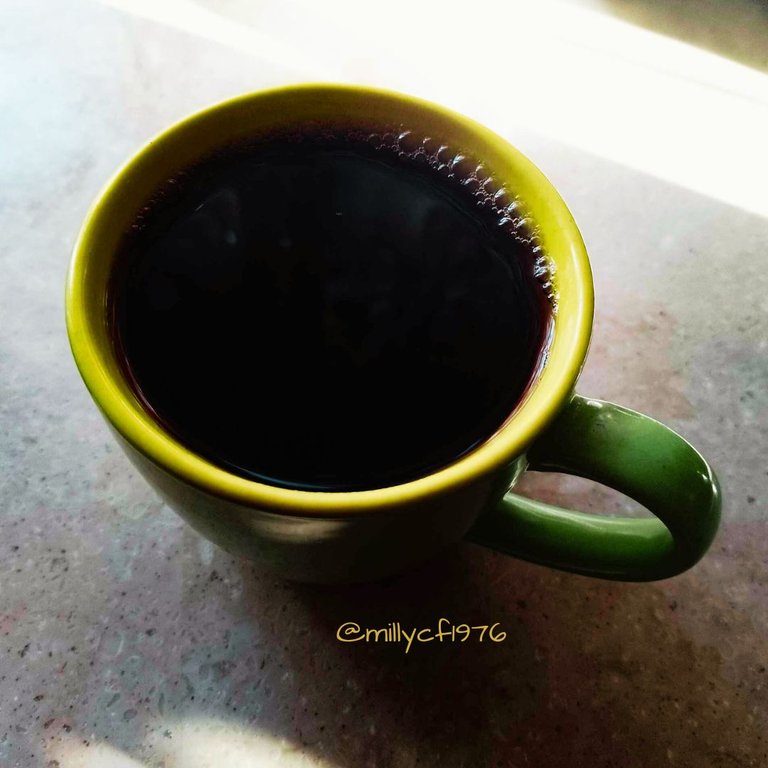 A cup of original Jamaican Blue Mountain Coffee, in true Jamaican colours.
A cup of original Jamaican Blue Mountain Coffee, in true Jamaican colours.Still, I've been drinking coffee for 16 years now, and whenever I go back home, it's a delight to drink a cup of genuine Jamaican Blue Mountain coffee, and I watch my mum's disdain, wondering how I can enjoy drinking coffee without condensed milk and sugar. Yes, Jamaicans love that filth.
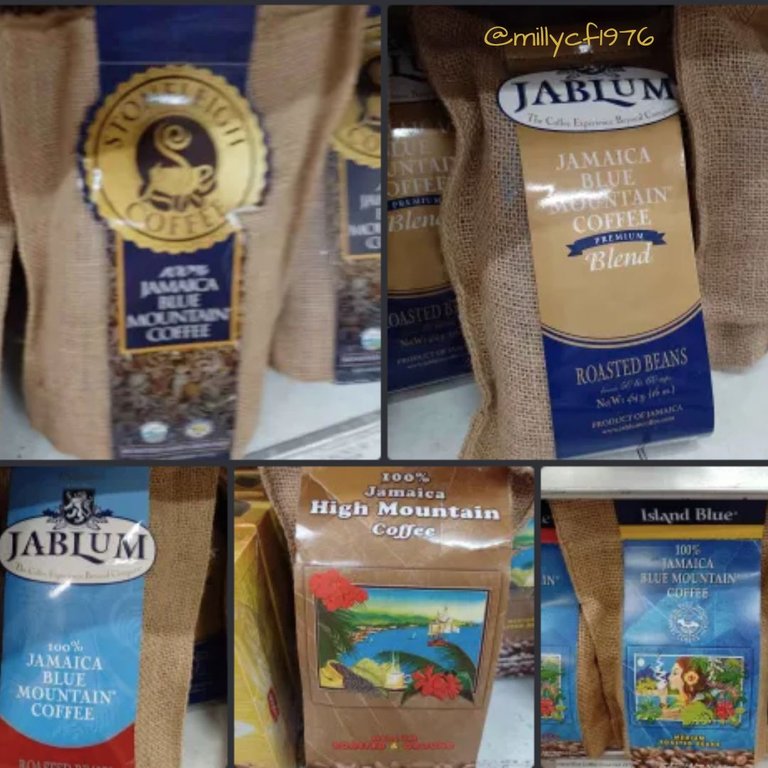
The Jamaican Blue Mountain coffee comes with a price tag that makes me contemplate buying it; however, it's a special treat that I enjoy and feel a sense of pride and connection to Jamaica, my roots. Of course, there are many varieties and brands of Arabica Jamaican coffee, so it's advisable to peruse the coffee aisle at the local supermarket for an authentic brand.
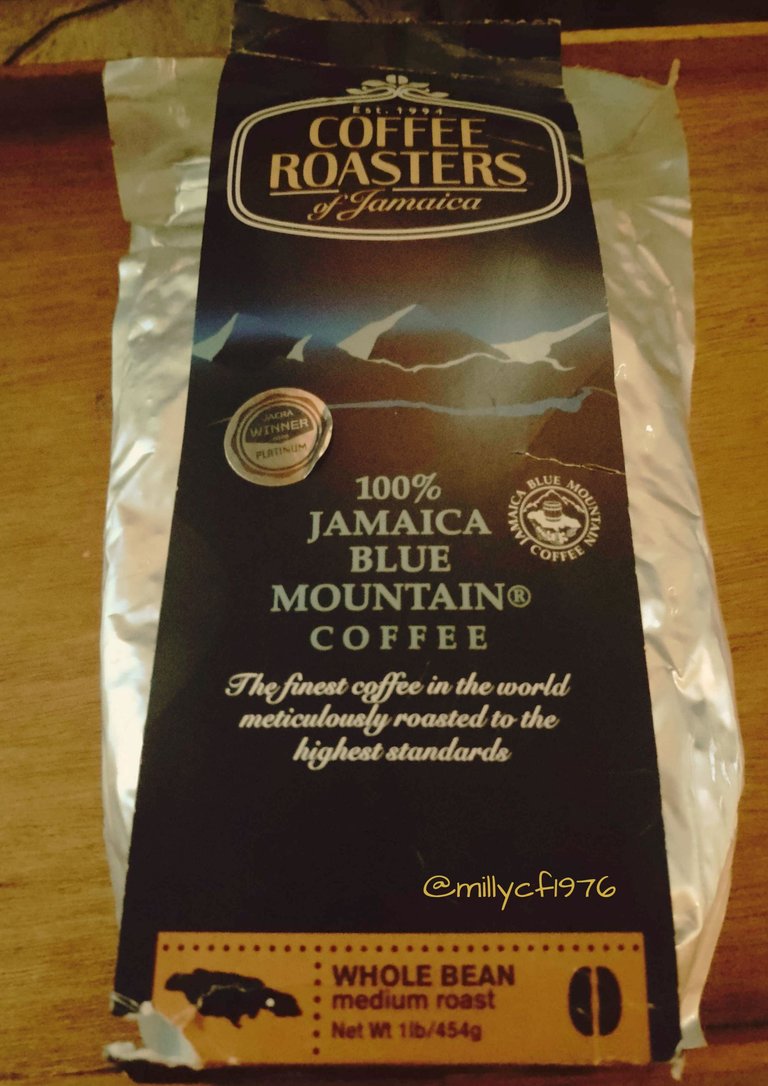
This bag of beans costs roughly JMD 5500, which is equivalent to US$35.00 or £28.00. Buying a bag of coffee at that exorbitant price would have a typical Jamaican convinced that you are of unsound mind or simply in need of a cup of tea to think straight.
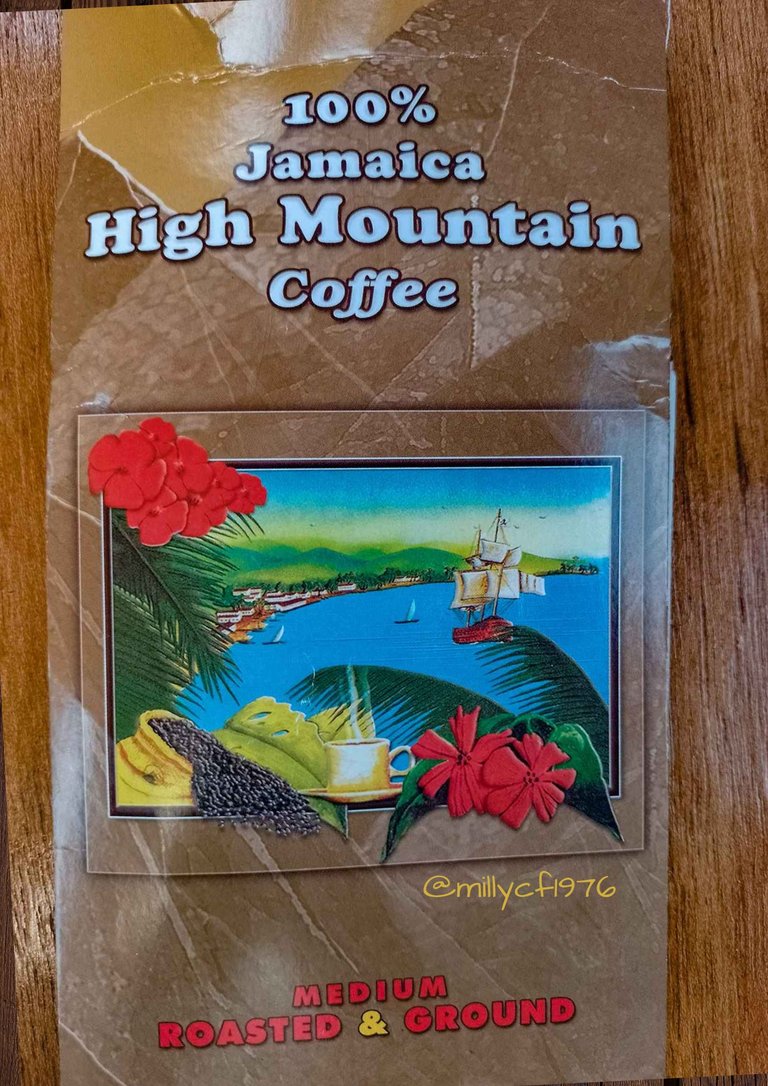
Generally, Jamaicans can be fastidious, and the highest praise you might get is, "That's satisfactory." So, the coffee, which is a national pride, undergoes stringent testing to achieve the Coffee Board's seal of quality. It is important to note that there is the Jamaican High Mountain coffee, which is a lower grade and grown at lower levels than the Jamaican Blue Mountain coffee, which grows at a higher altitude in different soils and produces the supreme quality of the Jamaican Blue Mountain Coffee.
So, do you think a typical Jamaican would be your best coffee-tasting connoisseur, or would it be better to put a cup of tea to the test?
This has been my response to the Spill the Beans (#STB Week 76), prompt question. Why don't you check it out, I'd love to hear about your history with coffee.
All the photos were taken on my last trip to Jamaica a few months ago.
What appeals to the Coffee Goddess...
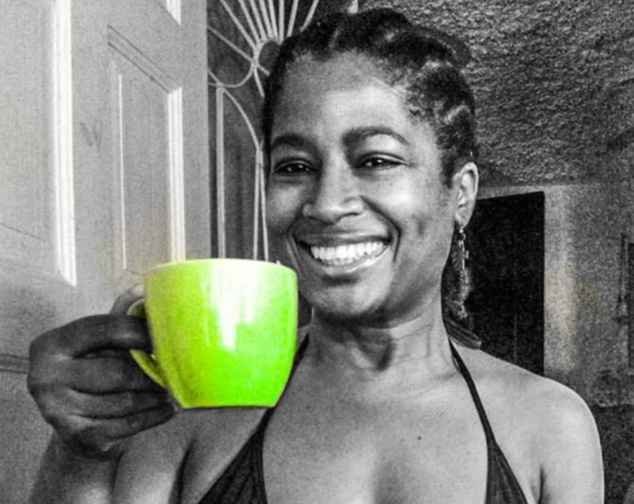
My blog frequently features my minimalist lifestyle and adventures while living on my narrowboat.”
Irie love,
Milly🇯🇲
